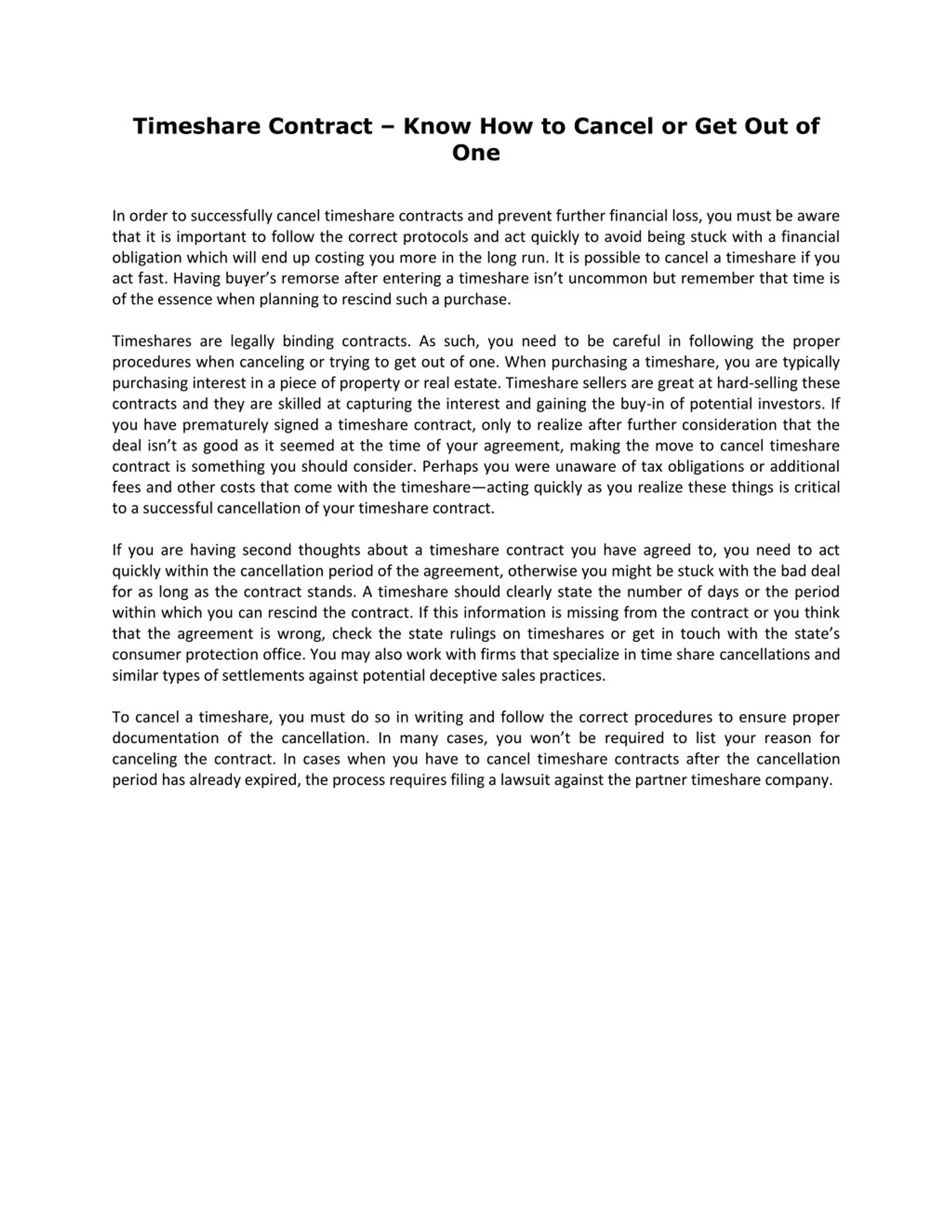A family member of any individual who has an ownership interest in the home. This holds true unless the family member utilizes the house as his or her main home and pays reasonable rental value. Relative include: Brothers and sis Half brothers and half sisters Spouses Lineal forefathers like parents or grandparents Lineal descendants like kids or grandchildren Anyone who pays less than reasonable rental worth to utilize the home. This does not use to a staff member who uses the home as lodging at the owner/ employer's convenience (how does the club lakeridge timeshare keep their maintenance fees low?). Any person who uses the home under a home-exchange arrangement with the owner.
A renter paying reasonable rental value might enable the owner to remain in the house. If so, the time is thought about individual usage when deciding if the residence is a house. When figuring the ratio for prorating expenses, the time is counted as rental usage. (See Rental-use time listed below.) Any time you spend at the house repairing and preserving it maintence calculator does not count as personal-use time. You must count the variety of days of rental use to figure the ratio to prorate expenses. Rental use is any day you rent the residence at a fair rental worth. So, you can just count the days when you actually receive rent payment to figure the ratio.

This technique uses to all rental costs. If you lease your house for a minimum of 15 days and the days of personal-use qualify your house as a house, vacation-home rules apply. These rules restrict deductible costs to rental earnings. You need to deduct costs in this particular order: The rental portion of: Certified home mortgage interest Real-estate taxes Casualty losses These expenses are deductible under the typical guidelines. You can just subtract the rental part from rental earnings. The individual part is deductible on Arrange A and subject to the usual rules. Rental expenditures directly related to the rental home itself, consisting of: Marketing Commissions Legal charges Workplace supplies Expenditures related to operating and maintaining the rental property.
This includes interest that doesn't certify as home mortgage interest. Devaluation and other basis modifications to the home. You'll deduct these up to the amount of rental earnings minus the reductions for items in 1, 2, and 3 above. This consists of things like enhancements and furniture. To find out how to figure your reductions, see Worksheet 5-1 and its guidelines in Publication 527: Residential Rental Property at www. irs.gov. You can carry over expenditures you can't subtract due to the rental income limitation. You can utilize the carryover in one of these period: Very first year you have sufficient earnings from the residential or commercial property When you sell the residential or commercial property You might not have personally used the home long enough for it to be classified as a house.
You should utilize this ratio to prorate your expenditures: Number of days of rental usage/ Total variety of days utilized for business and individual functions Nevertheless, deductions for costs aren't restricted by rental income. You can use a rental loss to offset other earnings. This goes through the typical passive-activity loss constraints.
As your timeshare expenses grow, you might be questioning how it all fits into your tax photo. Fortunately is that some of your timeshare costs are tax deductible. However others are not. To be sure you know what can and can't be crossed out, let's break down the legal tax deductions for your timeshare. Perhaps the only thing you ever anticipated from your timeshare was a yearly week someplace stunning and a break from all your troubles. However if you're like the majority of owners, you probably ended up obtaining money to get a timeshare in the first place. And let's be honestit's difficult to enjoy the beach when you're drowning in debt.
Get This Report about How To Get Out Of My Timeshare Tx
Nevertheless. Here's something to lighten the load a little: If your timeshare loan is protected, the interest you paid on it will typically be tax deductible! But what does "secured" indicate? In more info case you don't understand the difference from the initial purchase loan, a protected loan is either: A timeshares should be illegal home equity loan you obtain against your primary home to finance a timeshare, or. A loan that uses your deeded timeshare week as the security, or collateral, for the loan. If you have a protected loan for your timeshare, you can compose the interest off. We never ever suggest financial obligation, however if your loan is secured, you can a minimum of alleviate a little the financial discomfort by crossing out the interest.
( Of course there is.) You will not generally be able to subtract the interest paid if your timeshare week is through a long-term lease, likewise known as a "right-to-use" or "points-based" arrangement. To guarantee you'll be able to take advantage of this reduction when filing, make sure your deeded week appears in the loan document as the security for the loan. If it doesn't, be prepared to get a document from the seller plainly stating that your deeded week is the loan's security. Sorry to state, your maintenance fees are not deductible. The resort where you have a timeshare utilizes these fees to pay for everything from landscaping to facilities and service expenses, and the average yearly cost is around $1,000.1 In case you have not noticed, charges tend to increase by 5% a year.